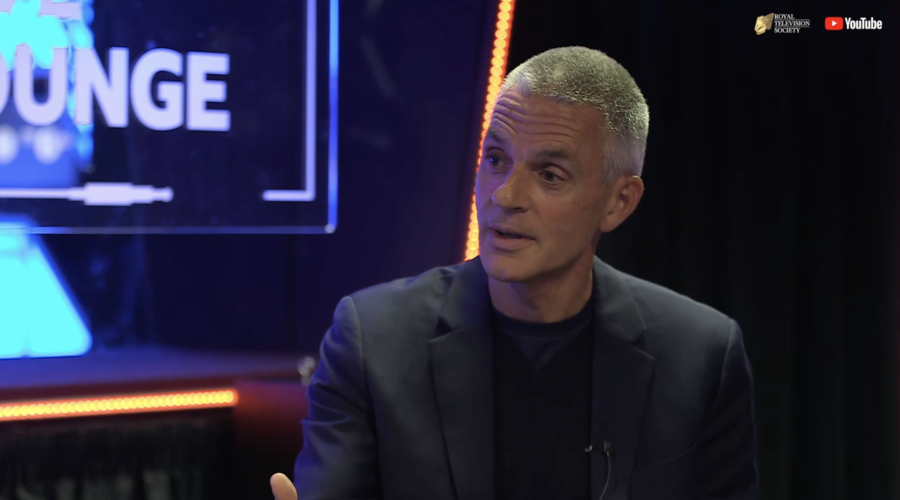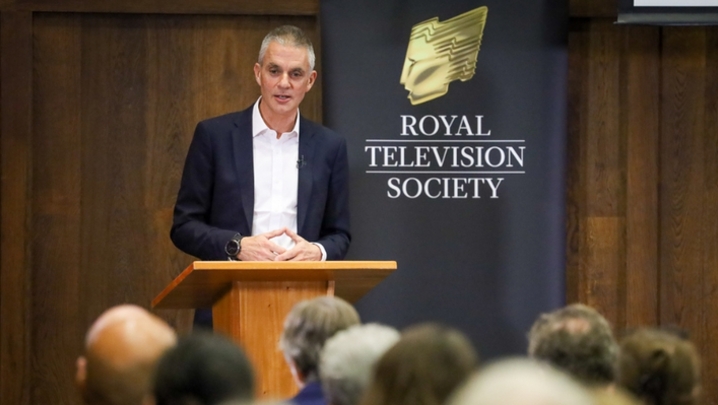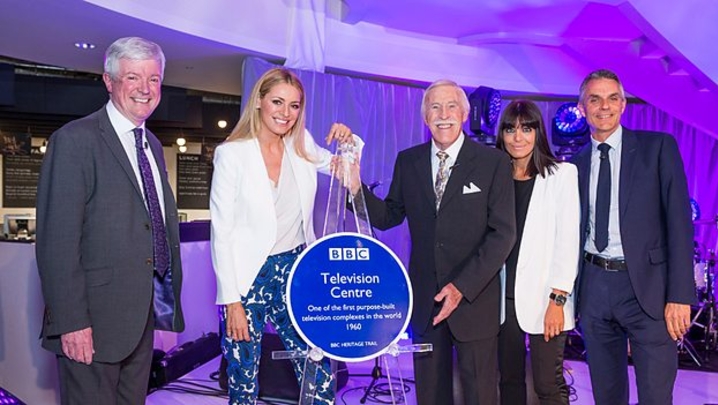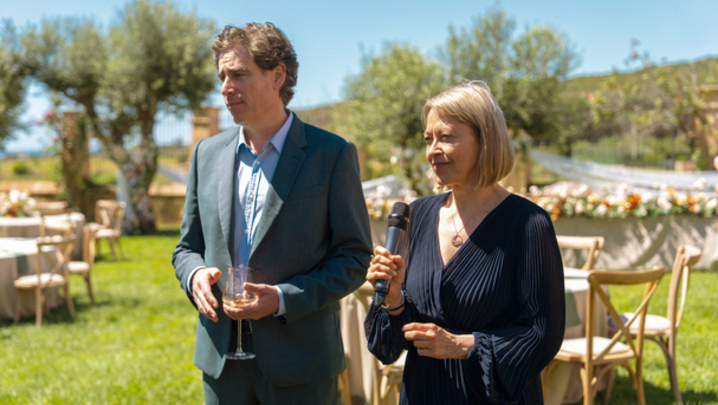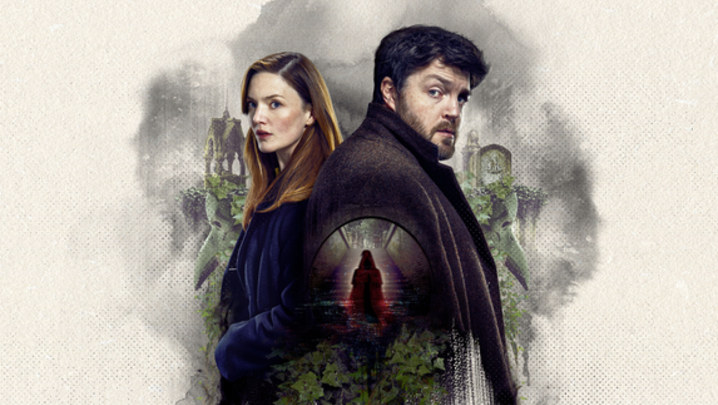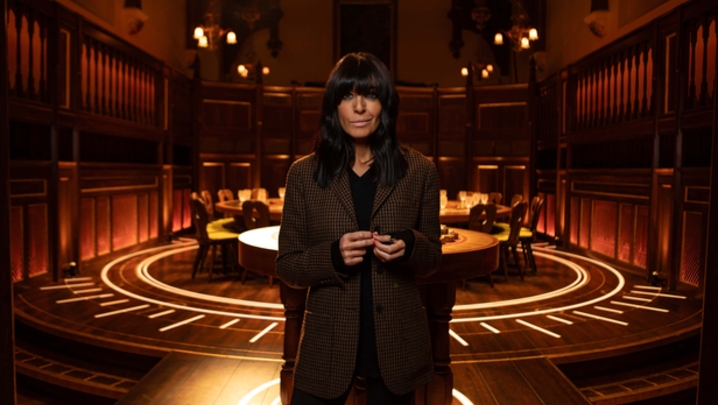The BBC’s new Director-General, Tim Davie, has said that managers who fail to reach diversity targets will not be promoted.
In a tough stance reflecting sentiments articulated in his maiden speech as DG to the BBC on September 3, Davie told that RTS that “talk is cheap,” and that actions on greater representation of those from minority ethnic groups in the BBC workforce was essential.
“There’s been incredible progress on screen but internally – and senior leadership is critical to this – progress and the speed of change has been slow,” he said.
“Talking bluntly, a lot of people lower down the organisation look at it and go ‘Great intent, but I can’t do that’ or ‘I don’t really believe it’s going to happen…’
“But this is mission critical. Everything that goes on at the BBC – including editorial decision making – is utterly dependent on having a truly diverse team.”
He has instructed senior staff not to hire in their own image and dismissed the idea of “a BBC type” as nonsense.
Davie said he intends to create a “50-20-12 organisation” a reference to the proportion of staff who are female, from BAME backgrounds and those that have disabilities.
He added: “Truly it’s about leadership and accountability. I have been very direct to BBC leaders and told them they will not get promoted without us assessing how happy your staff are and how you’ve delivered against diversity targets.”
In a wide-ranging discussion with RTS CEO Theresa Wise, Davie covered such topics as impartiality, the BBC’s international soft power, why he believes the BBC’s policy on abolishing free licence fees for those over 75s who do not receive pension credit is correct - and his profound belief that the BBC needs to be for all licence fee payers.
“We’ve got to deliver for every household. Us offering value is not just a line,” he stressed.
“It’s surprised me that that’s become part of me – focusing on making sure that every member of the public really gets value from us. That’s what I’m about.”
His regime would be about “evolution, not try everything out…You have to evolve things to protect them.”
He added: “I want people to think deeply about what’s important in this market, what’s important for us in the UK? What do people genuinely care about in the BBC?
“There is good news for the BBC. In this world, I don’t think there’s been a better time for proper impartial news or proper local, regional storytelling.
“With such incredible competition, you can’t take an audience for granted anymore. The BBC has to be truly different and differentiated.
“We’re not trying to beat Netflix…'I’m going to have a new subscriptions, you’re going to have a few subscriptions'…It’s whether we are truly valued and are essential, it feels indispensable not for every hour of your media consumption but for part of it.”
Davie reminded people that BC’s services in the UK are used by 91% of the population for an average of 18 hours a week.
But he acknowledged that there were audiences that the BBC underserves. “Some people are getting extraordinary value from the BBC,” said Davie. “There are certain bits of the country – and it’s not as simple as age – that don’t necessarily feel the BBC is for them.
“It’s not as simple as saying ‘It’s the under-35s.’ It’s often about your life circumstances, where you are, where you live. I am not beating ourselves up here.
“The BBC is extraordinary in how it’s connected with an enormous amount of people across the UK. We’ve still got a real bedrock of support to justify a universal fee, but I did say we don’t have an inalienable right to exist.
“That is under pressure. There are audiences that in a diverse Britain feel a little bit further away from us.”
With cuts to BBC regional newsrooms on the cards, was he worried that some parts of England, particularly the North East, might be left behind?
“Let’s be clear, the metric here is not how many people we employ but the value to audiences. Every area of the BBC has to find efficiency, which doesn’t mean I am diluting anything, it just means I am doing it better.
“There is a sense that the BBC could be more efficient in many areas and it’s done some good work…But there are areas and the regions are one of them…
"A couple of facts, we’ll still have well over 2,000 people in the Regional News Group where we do around 3,800 hours of coverage.
“It’s not as if we’re going to be a small player. I personally would like to look at local news provision as part of the 2022 discussions (over the next five-year licence fee settlement)…
“This is not just about slow stripping of areas, I think we can grow…More than anything it’s about audience value. I want people in the North East to feel the BBC is for them.
“It may be a bit of my commercial past, but I do like a big metric. One of the things you’d probably put on the building is ‘The BBC is for me.’ That’s the metric. We all know it.
“A lot of people in the media world surround themselves with people who take that as a given. If you work at the BBC you do feel that. We need to understand people who don’t feel that.”
In Conversation With Tim Davie was the opening session of the RTS Digital Convention 2020 sponsored by YouTube. The producers were Sue Roberston and Helen Scott. A full report will be published in the October edition of Television magazine.


